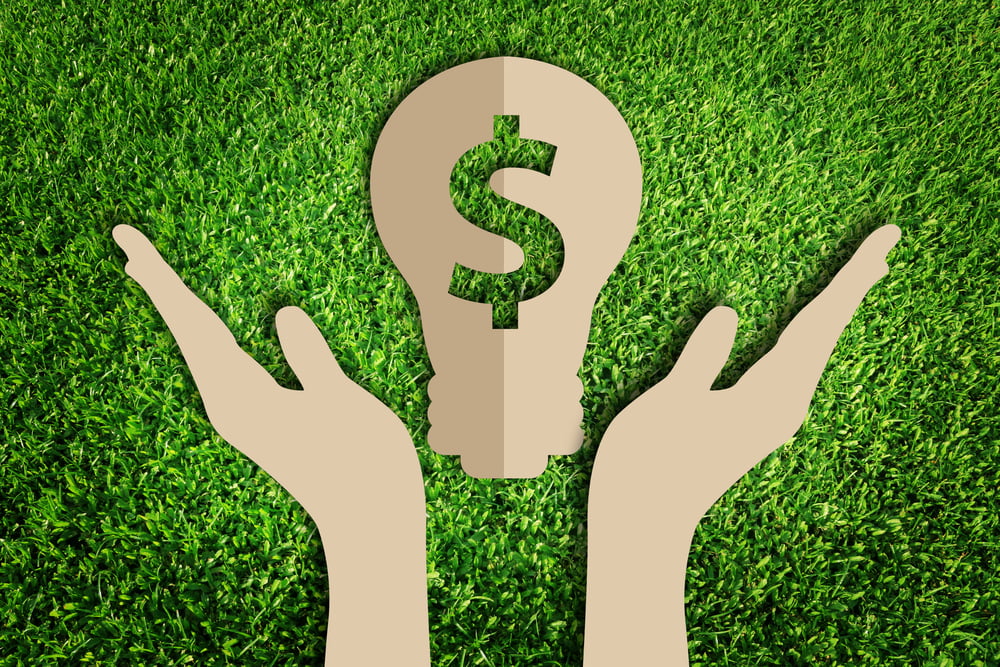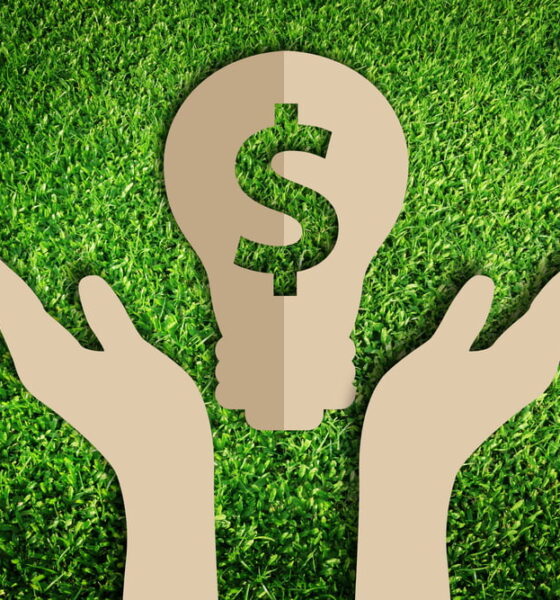

Features
Eco-Friendly Ways To Manage Your Finances As A Student
The current generation of college students is pledging to do more to help the environment. One recent study found that 75% of Generation Z citizens, those that are currently in college, want to see more brands make a commitment to sustainability. They are also the generation most likely to say that they would spend 10% more on sustainable products.
However, they are not doing as much as they could. More college students will have to find ways to live green, while also managing their finances better.
Eco-Friendly Financial Management Tips are Becoming Very Important for College Students
There are a lot of steps that college students can take to live eco-friendlier lifestyles. It will take some discipline and planning, but you can do a lot to help lower your carbon footprint and minimize the amount of natural resources that you consume.
Living a green lifestyle might not be high on most students’ priorities due to hectic schedules and other college responsibilities. Many universities are taking steps to increase their efforts concerning the environment. But it’s often not enough to affect students’ actions to pursue a sustainable way of life. Students need to be proactive and do more for the planet as well, such as following these steps.
One study showed that while students understand the need to improve sustainability and waste control, they don’t fully accept personal responsibility to lower environmental impact. Even so, they are still willing to learn how to care for the environment.
If you’re a student and want to reduce your environmental impact, making small changes on how and where to spend your money is an excellent start. Below are some eco-friendly ways to manage your finances as a student.
Turn To Digital Paper Trail
Keeping a paper trail is an excellent tool to analyze how businesses are doing financially, and the same applies to managing personal finances. As a student, you also need to keep track of your daily financial transactions. Doing so can help you make necessary adjustments to your expenses and allocate your budget more efficiently.
Papers are one of the largest culprits that cause damage to the environment. The good news is, you can reduce paper usage by turning to a digital paper trail. Instead of going to banks and physical stores, you can opt to have your financial transactions electronically. It will allow you to save both time and money while helping the environment.
Invest In Reusables
Investing in reusable items seems like a small thing to improve your finances and the environment. But it can make a big difference in the long-term. Instead of using disposable plastics, such as straws, coffee stirrers, water bottles, and food packaging, there are plenty of eco-friendly alternatives in the market.
Note that reusable items like bamboo toothbrushes and stainless-steel drink bottles are a one-time purchase. Unlike single-use plastics, you would only have to buy once, and you’re set for months or even years. Doing so can help you save some money and protect the environment at the same time.
Modify Your Daily Commute
You can also modify your daily commute to and from your university or around the city. For example, if you live in the vicinity of the school, cycling or walking can significantly reduce emissions, plus you’ll be able to save money on travel costs. But if you need to get somewhere far, choose a more environment-friendly mode of transportation.
Ride-sharing or taking public transportation is the best way to reduce carbon footprint. Compared to traditional car emissions, transit vehicles emit less pollution per person. Add up to that the amount of cash you can free up. According to APTA’s Transit Savings Report, a person can save over $10,160 by turning to commute by car to public transportation.
Go For More Pro-Environment Purchases
It’s a common belief that sustainable products always come with a high price tag. But you actually end up saving more in the long run by purchasing them. For example, clothing, bags, and other items made out of eco-friendly materials tend to last longer. And the less often you have to buy new ones, the more cash you can free up.
Thrift shopping is another way to go for pro-environment purchases. It’s a cheaper alternative to find trendy clothes that are often only worn a few times by other consumers. You can also help protect the environment by purchasing recycled material notebooks or shopping around for energy-efficient gadgets.
If you want to order a drink at your local coffee shop, consider bringing your mug or tumbler too. If you do it, some establishments might even offer a discount on your beverage of choice.
Choose Sustainable Banking
Where you place your money also matters. You need to shop around to get the best rate and terms for checking, savings, or other accounts. But if you’re looking to help the environment, make sure to choose a banking service that focuses on investing in environment-friendly and sustainable projects.
Banking with an online depository institution can also be a great option. Since transactions are made online, there’s a smaller running cost and carbon footprint. You might not take banking seriously as a student, but it’s an effective way to learn smart budgeting and saving.
Additional Reminders
Managing your finances as a student can be overwhelming enough. It’s common knowledge that college tuition and other expenses are costly. How much more can you mix up financial and environmental concerns on your plate. Note that you don’t necessarily have to do both all the time.
There might be times when you will need to pay attention to financial matters solely. Let’s say you need a break from repaying your loans. Forbearance and deferment are the usual options for students like you. But before making any decision, ensure to research the major difference between deferment & forbearance.
Protect Your Finances and The Environment
When it comes to taking control of your finances and protecting the environment, the key is to keep doing all you can, no matter how small the steps are. For instance, establishing a daily budget and saving energy can go a long way for your financial and environmental goals.






























